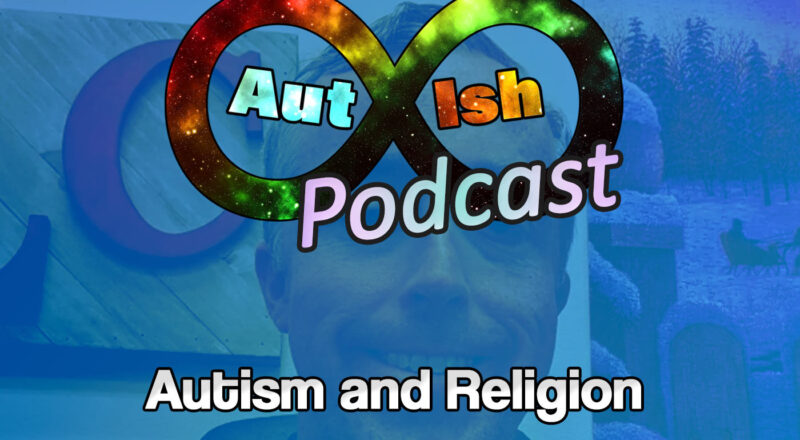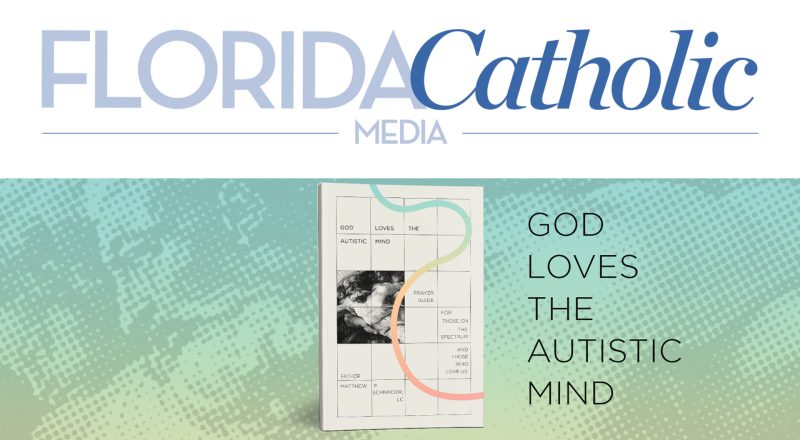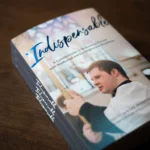Autism and the Church: Bible, Theology, and Community by Grant Macaskill (Waco, TX: Baylor University Press, 2019), 239 pp.
A while back I wrote a review for this work but it takes a while for academic journals to publish. Nova et Vetera just published this review. The official version is here, but you need an academic account to get access. I also uploaded the PDF to my ResearchGate account which anyone can download for free without registering.
Here is the beginning of the article:

Grant Macaskill has written one of the first books seriously examining autism from a theological perspective. Obviously, much of this is pastoral theology, as salvation is essentially the same independent of neurotype. As an openly autistic Catholic priest who has also thought about these questions, I read this book from a unique perspective. Some reflections require contextualization in evangelical Christianity, of which Macaskill is a part, but in general, his reflections are applicable to Catholicism as well.
This review will cover four main topics in Macaskill’s work: his biblical exegesis, analysis of autism, practical suggestions, and views on human sexuality.
Macaskill admits near the beginning the challenge he has with the theology of autism: “The biblical writers had no category that matched the modern definition of autism, which means that we cannot find texts or passages that obviously inform our thinking about it” (2). He repeats this at the beginning of his section on the Bible, warning against proof-texting (43–44) and proposing that the Bible offers a framework for theological engagement with autism.
Reflecting on the Sermon on the Mount, Macaskill notes that Jesus does not choose examples from what is useful for production (harvest) or can be used in sacrifice (sheep). Instead, “his examples involve things with no utility or value (grass and lilies) and things which would be considered unclean (ravens), and he indicates that God cares for and clothes these things in ways that exceed any human ascription of worth” (78). This provides a framework to value people, particularly those on the spectrum, as God does not value people for mere pragmatic abilities in religion or social life. Macaskill repeats this emphasis on God’s valuation: “The very core of the gospel story involves a recognition that God loves the unlovely, the things that are generally considered difficult to love and that are typically treated with contempt, and makes them pivotal to a work of salvation that itself centers on a moment of extreme unloveliness” (80).
The official version is here. The full-text PDF is free on my ResearchGate account. Also, go follow me on ResearchGate if you want to see a bunch of my more-academic work.
I’ll likely have other academic articles or book reviews in the future (one already accepted and another a journal editor sent me a book). My intention is to share them in a similar manner.









[…] perspective, I think it can be helpful for us. Macaskill is a bit of an expert on the topic and I reviewed his book in an academic […]
[…] Consecrated planned a conference on autism and theology in upstate New York with herself, myself, Grant Macaskill, and others. Unfortunately, what happened to many in-person events in 2020, happened to this as […]